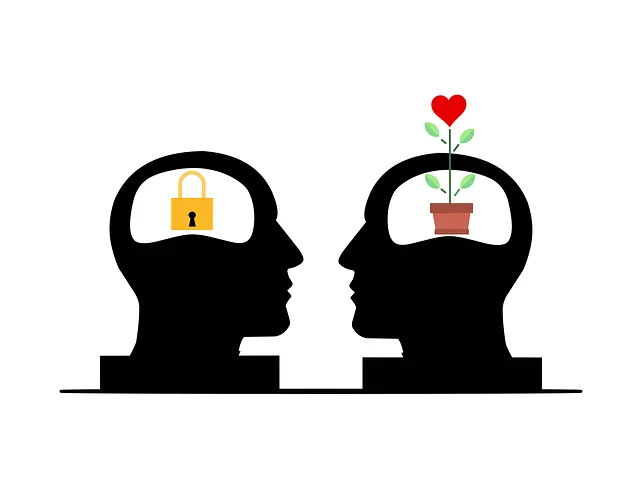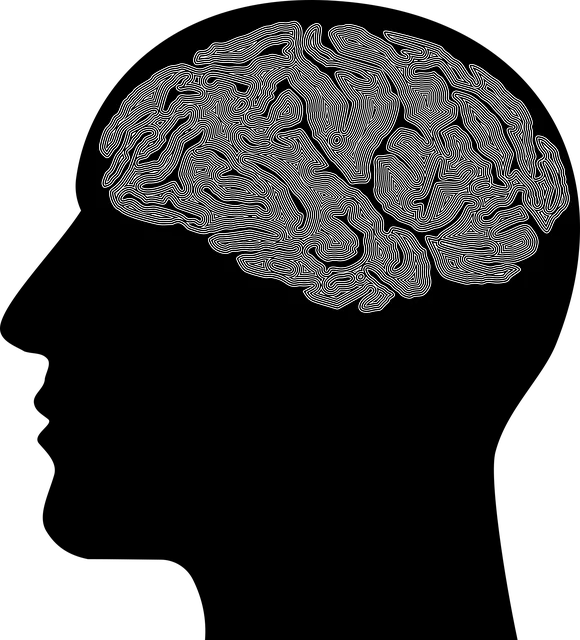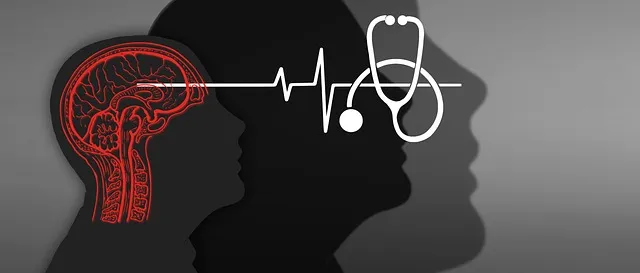Mood regulation is essential for emotional well-being, reducing stress, anxiety, and depression while improving relationships, productivity, and social interactions. Kaiser Permanente Mental Health Services in Longmont offers evidence-based practices, advocacy, and resources like CBT and mindfulness to support diverse mental health needs. Identifying triggers through observation and implementing strategies like safe spaces and positive thinking can help manage emotions proactively. A holistic approach combining lifestyle habits, communication, and meditation enhances long-term emotional well-being, with Kaiser Permanente Longmont promoting access to quality care.
Mood regulation strategies are essential tools for managing emotional well-being. This article explores various techniques to enhance your control over your moods, focusing on the support available through Kaiser Permanente Mental Health Services in Longmont. We’ll delve into understanding mood disorders, recognizing triggers, cognitive behavioral techniques, and lifestyle adjustments. By identifying patterns and adopting effective practices, individuals can stabilize their emotions and foster long-term mental wellbeing, leveraging resources like the Kaiser Permanente mental health number for Longmont residents.
- Understanding Mood Regulation and Its Impact
- The Role of Kaiser Permanente Mental Health Services in Longmont
- Identifying Triggers: Recognizing Patterns for Better Management
- Cognitive Behavioral Techniques for Effective Mood Stabilization
- Lifestyle Adjustments and Support Systems for Long-Term Wellbeing
Understanding Mood Regulation and Its Impact

Understanding mood regulation is a pivotal step in fostering emotional well-being and overall mental health. It involves recognizing and managing one’s emotional state to achieve a sense of balance and stability. Mood regulation strategies are essential tools for individuals to navigate life’s challenges, enhance their resilience, and improve their quality of life. By learning effective techniques, people can better cope with stress, anxiety, and depression, ultimately leading to improved overall mental health outcomes.
The impact of efficient mood regulation is far-reaching, as it allows individuals to maintain a sense of equilibrium in various aspects of life. This includes improving relationships through enhanced conflict resolution techniques, boosting productivity at work or school, and fostering healthier social interactions. For those seeking support, reaching out to resources like the Kaiser Permanente mental health number Longmont can provide access to specialized services and guidance tailored to individual needs. Additionally, emotional well-being promotion techniques, such as mindfulness practices and cognitive behavioral therapy, offer powerful tools for achieving emotional regulation, ensuring individuals can lead more fulfilling lives.
The Role of Kaiser Permanente Mental Health Services in Longmont

In Longmont, Kaiser Permanente Mental Health Services stands as a beacon of hope for individuals navigating mental health challenges. This healthcare provider offers a comprehensive array of services designed to cater to diverse needs, ensuring that residents have access to quality care in their community. The organization’s commitment to mental health is reflected in its dedicated team of professionals who employ evidence-based practices and innovative approaches to support well-being.
Kaiser Permanente’s role extends beyond clinical care; it actively advocates for Mental Health Policy Analysis and Advocacy, pushing for systemic changes that improve access and reduce stigma. Additionally, their expertise in Conflict Resolution Techniques empowers individuals to manage stress and interpersonal challenges effectively. By promoting Positive Thinking as a core aspect of its programs, Kaiser Permanente Mental Health Services fosters a culture where resilience and hope thrive, ultimately enhancing the overall mental landscape of Longmont.
Identifying Triggers: Recognizing Patterns for Better Management

Identifying triggers is a crucial step in managing one’s mood and overall mental wellness. By recognizing patterns that lead to emotional ups and downs, individuals can better prepare for and navigate challenging situations. This proactive approach, often emphasized by Kaiser Permanente mental health professionals in Longmont, involves paying close attention to personal responses to various stimuli. For instance, someone might realize that certain environments, people, or even specific thoughts set off anxiety or depression. Once these triggers are identified, individuals can start to develop strategies to mitigate their impact.
Understanding patterns allows for the implementation of effective stress reduction methods and crisis intervention guidance. This may include creating a safe space in stressful environments, practicing mindfulness techniques, or engaging in activities that promote positive thinking. By taking control of one’s emotional responses, folks can ensure they have the tools needed to maintain stability and enhance their mental wellness.
Cognitive Behavioral Techniques for Effective Mood Stabilization

Cognitive Behavioral Techniques (CBT) are powerful tools for effectively stabilizing moods and managing emotional well-being. This evidence-based approach, often recommended by mental health professionals like those at Kaiser Permanente Longmont, focuses on identifying and modifying negative thought patterns and behaviors that contribute to mood disturbances. By challenging distorted thinking and replacing it with more realistic and positive thoughts, CBT empowers individuals to gain control over their emotions and reactions.
One of the key strengths of CBT lies in its ability to equip people with practical skills for coping with stress and anxiety relief. Through structured techniques, individuals learn to recognize triggers, anticipate emotional responses, and develop healthier coping strategies. This proactive approach not only supports immediate mood stabilization but also fosters long-term mental wellness, often complementing other mental health policy analysis and advocacy efforts aimed at enhancing access to quality care.
Lifestyle Adjustments and Support Systems for Long-Term Wellbeing

Maintaining long-term emotional well-being requires a multifaceted approach, and lifestyle adjustments play a pivotal role. At Kaiser Permanente mental health number Longmont, we emphasize the significance of holistic care. This includes adopting healthy habits such as regular exercise, adequate sleep, and a balanced diet, which have profound effects on our mood and overall mental resilience. By integrating these practices into daily routines, individuals can better manage stress and prevent emotional turmoil.
Moreover, building a robust support system is essential for sustaining long-term wellbeing. Encouraging open communication with family and friends, practicing empathy, and engaging in mindfulness meditation are powerful strategies promoted by Kaiser Permanente mental health professionals. These techniques foster deeper connections and provide individuals with the emotional backing needed to navigate life’s challenges effectively. Incorporating emotional well-being promotion techniques into one’s lifestyle can significantly contribute to improved mental health and enhanced quality of life.
Mood regulation is a vital aspect of maintaining overall well-being, and the resources available through Kaiser Permanente Mental Health Services in Longmont play a crucial role. By understanding mood dynamics and employing strategies like cognitive behavioral techniques, individuals can effectively manage their emotional state. Identifying triggers and implementing lifestyle adjustments, supported by strong social networks, are game-changers for long-term mental health. For those seeking guidance, contacting the Kaiser Permanente mental health number in Longmont is a step towards navigating life’s challenges with enhanced resilience and stability.






